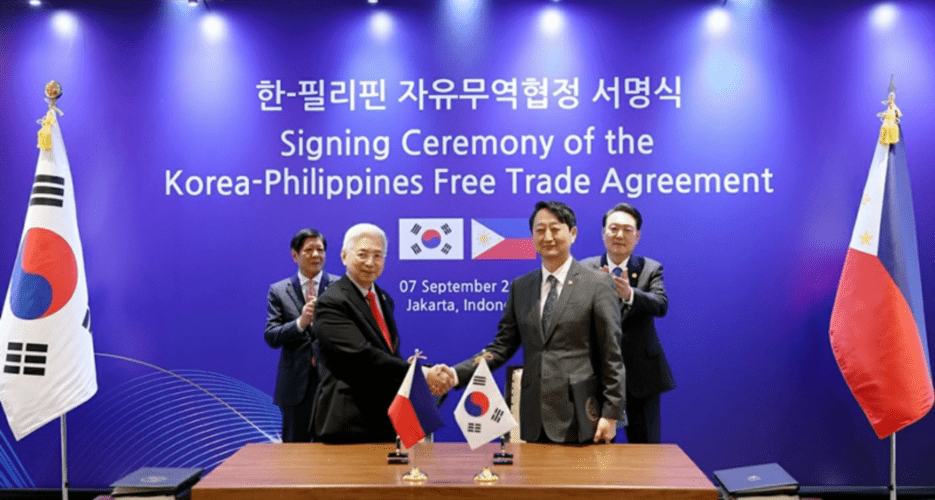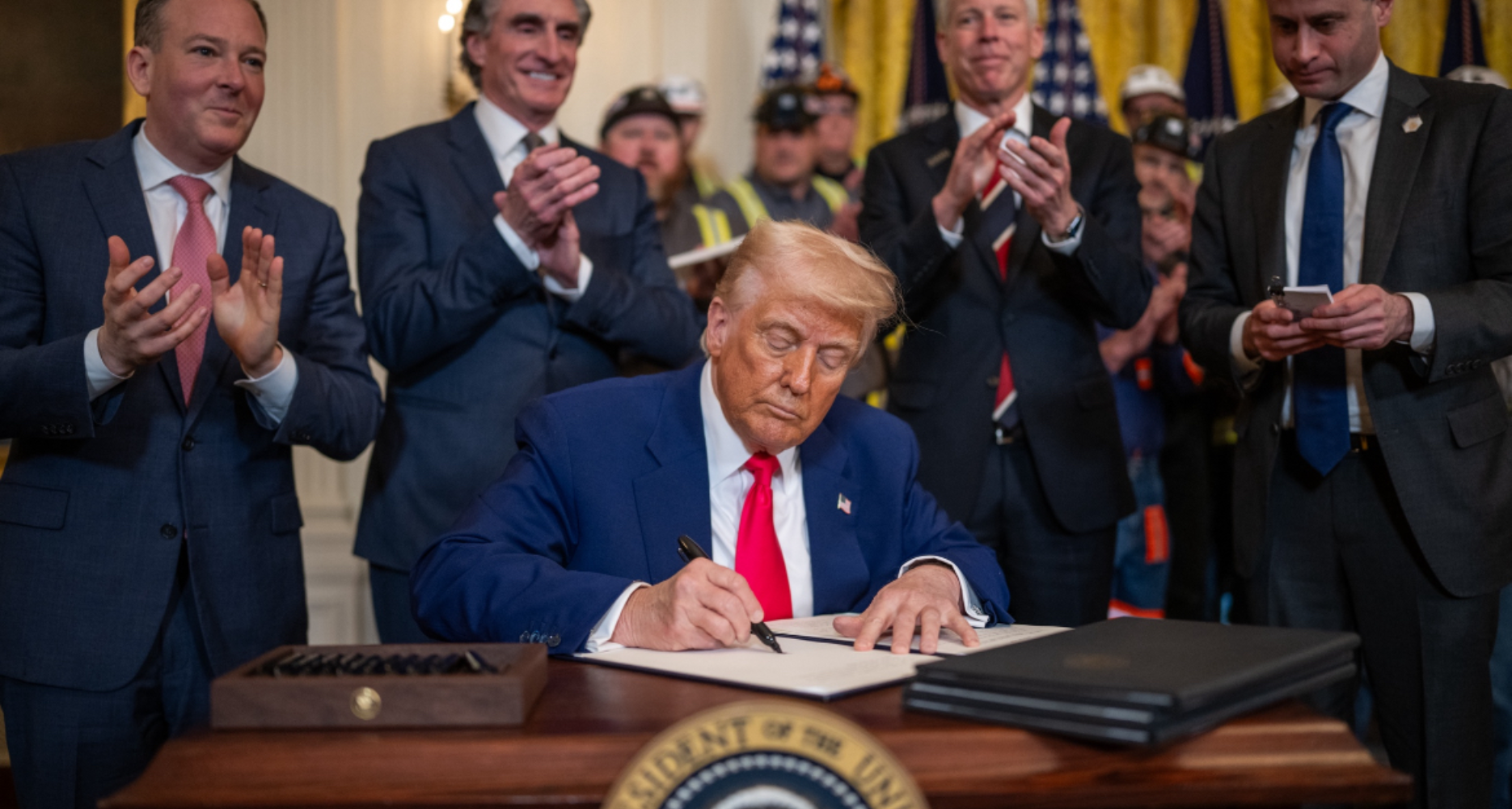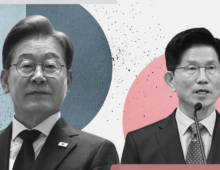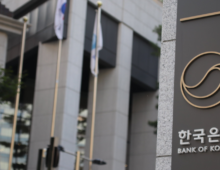Amid celebration, the agreement signals upcoming tests in implementation and diplomacy
The free trade agreement (FTA) between South Korea and the Philippines, signed at the recent ASEAN summit, represents a notable economic and diplomatic development for both countries. However, it also introduces complex challenges, especially concerning its enactment and broader implications.
One primary challenge is the political complexity surrounding the FTA’s ratification process in the Philippines. Further, the FTA encompasses more than economic interests, highlighting diplomatic aspects such as knowledge exchange and potential collaboration in sensitive areas like nuclear energy.
The free trade agreement (FTA) between South Korea and the Philippines, signed at the recent ASEAN summit, represents a notable economic and diplomatic development for both countries. However, it also introduces complex challenges, especially concerning its enactment and broader implications.
One primary challenge is the political complexity surrounding the FTA’s ratification process in the Philippines. Further, the FTA encompasses more than economic interests, highlighting diplomatic aspects such as knowledge exchange and potential collaboration in sensitive areas like nuclear energy.
Get your
KoreaPro
subscription today!
Unlock article access by becoming a KOREA PRO member today!
Unlock your access
to all our features.
Standard Annual plan includes:
-
Receive full archive access, full suite of newsletter products
-
Month in Review via email and the KOREA PRO website
-
Exclusive invites and priority access to member events
-
One year of access to NK News and NK News podcast
There are three plans available:
Lite, Standard and
Premium.
Explore which would be
the best one for you.
Explore membership options
© Korea Risk Group. All rights reserved.
No part of this content may be reproduced, distributed, or used for
commercial purposes without prior written permission from Korea Risk
Group.












